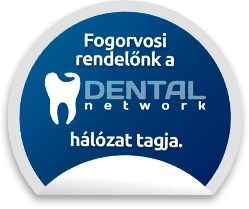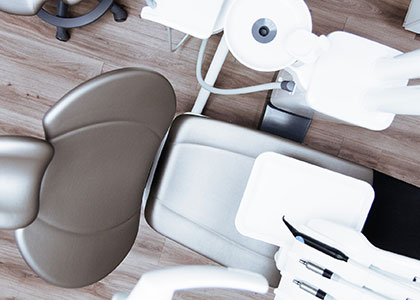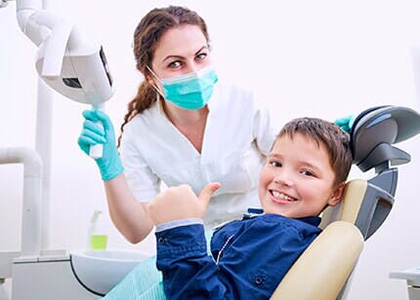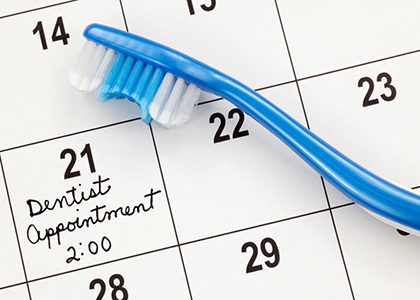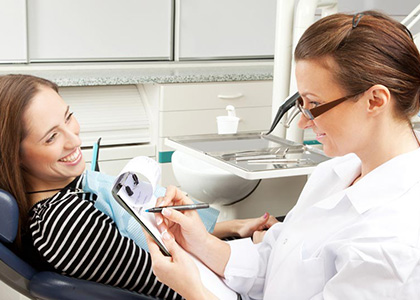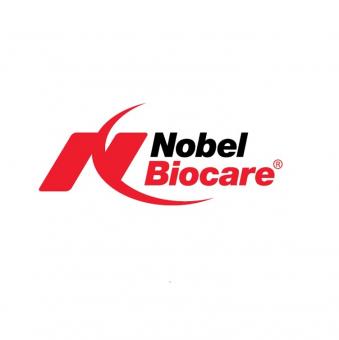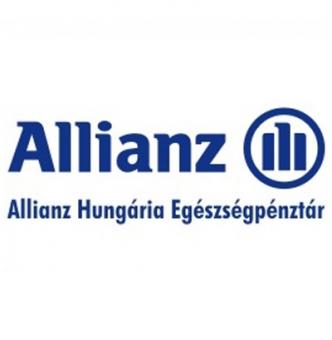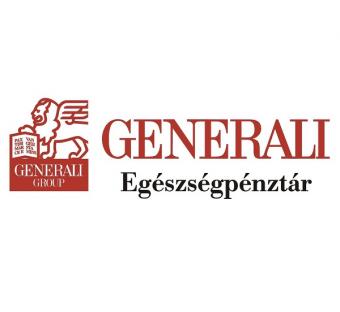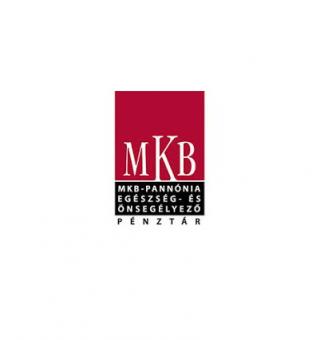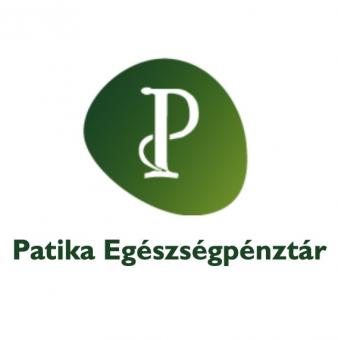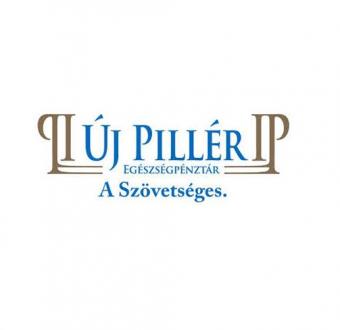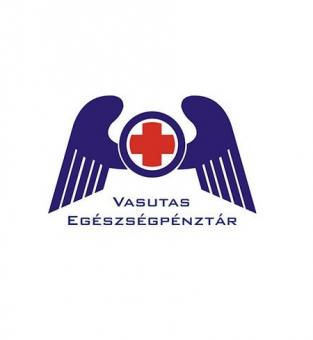Palatal Inflammation: Symptoms, Causes, and Treatment
The symptoms caused by a swollen, inflamed palate should not be taken lightly, as they may indicate diseases such as cancer, diabetes, and various cardiovascular, respiratory, and neurological diseases appearing in the oral cavity. What else could be behind palatal inflammation, and how can these complaints be treated?
The Palate and Oral Diseases
The palate (palatum), which forms the upper wall of the oral cavity, serves to separate the nasal and oral cavities but also aids in swallowing and phonation.
It consists of two parts:
the hard palate
and the soft palate.
The soft palate extends from the end of the hard palate to the back of the throat and ends in a uvula. The primary function of the soft palate is to rise during swallowing to close off the nose and throat to keep food away from the lungs and nasal passages. This area marks the end of the oral cavity and the beginning of the pharynx.
Since the mucous membrane of the oral cavity and pharynx is continuously exposed to external influences, the flora of oral microbes and bacteria can be threatened by pathogens causing infection and inflammation. Nutrition, as well as other mechanical impacts such as splinters or toothpicks, can also damage the oral mucosa. In addition, other diseases such as vitamin deficiencies and anemia can underlie oral inflammations.
Oral Diseases
Common oral inflammations include:
aphthous ulcers,
oral herpes (herpes simplex virus),
mucositis (stomatitis),
gingivitis, and
cheilitis (lip inflammation).
Symptoms of Palatal Swelling and Inflamed Palate
Numerous potential causes of palatal swelling exist, most of which subside with minimal treatment.
Other symptoms that may accompany the swelling include:
blisters on the palate,
mouth sores,
dry mouth,
pain or discomfort.
Causes of Palate Pain
Several factors can underlie palate inflammation.
Trauma-Induced Oral Ulcers
Consuming overly hot foods can burn the sensitive skin of the hard palate, causing palatal blisters.
Hard, rough-textured foods like tortilla chips or hard candies can injure the palate.
Infection-Induced Oral Ulcers
A weakened immune system is more susceptible to bacterial or viral infections, which can manifest in the oral cavity as inflamed sores or ulcers. Mouth blisters and other lesions are usually grayish-white or yellowish with a red, inflamed border. Stress and hormonal changes can also trigger ulcers. They often appear on the mucous membranes, tongue, or palate, but gum ulcers are also common. This category includes aphthous ulcers, herpes, and leukoplakia.
Allergic Symptoms with Itching
In some allergies, the patient may experience pulsating, itchy sensations. Pollen allergies or even allergies to medications or foods could be the underlying cause, warranting further investigation to alleviate discomfort.
Electrolyte Imbalance
Electrolytes, the minerals in body fluids, blood, and urine, are crucial for proper body function. Imbalances can cause a range of symptoms, including palatal inflammation.
Alcohol Consumption
Excessive alcohol intake can lead to palatal pain as alcohol encourages the body to expel more water, potentially leading to dehydration. Dehydration can cause dry mouth, which may result in swelling and sensitivity.
Other Illnesses
Since the soft palate contains various types of tissues, signs of inflammation are common when the body is attacked by viral, bacterial, or fungal infections. And since this area is connected to the respiratory and gastrointestinal systems, it is crucial to quickly identify the cause of inflammation to treat oral infections. Rarely, inflamed palates may indicate other diseases such as oral cancer or viral hepatitis.
Treating Palatal Inflammation
In some cases, an inflamed palate can be treated at home and may heal on its own. Injuries, like burns from hot drinks, typically resolve within a few days. However, for palatal inflammation or other oral inflammations and ulcers, it is essential to consult a specialist if you experience pain and non-healing sores.
Sometimes treatment involves cleaning and soothing minor oral irritations; other times, biopsies or further examinations may be necessary. It is crucial to note that early detection is key, and palatal swelling should be treated immediately to avoid more severe inflammatory symptoms.
Fehérvári Dental: Professional Dental Care in the Heart of Budapest
Since our establishment in 1997, we strive to ensure that your family receives the highest quality and comprehensive care, from toddlers to great-grandparents. Our specialists cover every area of dentistry, allowing us to handle complex treatments requiring multiple dental specialists. Our team's professional and coordinated operation is evident throughout the entire care process—from specialist consultations to administrative tasks.
Our dental practice represents high standards in both design and equipment. Our three-level clinic houses three modern treatment rooms and a diagnostic imaging area (panoramic X-ray, cephalometric X-ray, CBCT, intraoral). The floors are connected by a spacious elevator, making it convenient for patients with limited mobility and those with strollers.
Book your appointment now!
